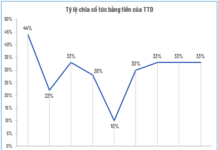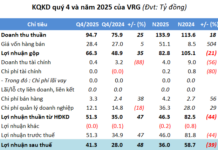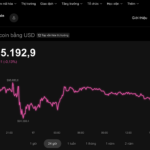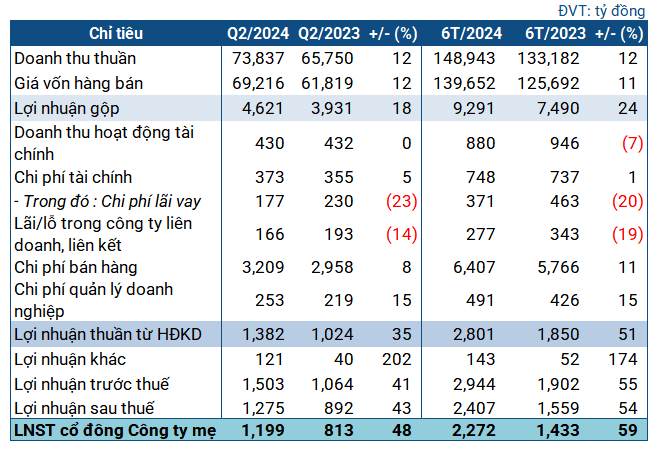Miliket: The Iconic Vietnamese Instant Noodle Brand
Before 1975, when people talked about instant noodles, they immediately thought of the noodle pack featuring two shrimps from Colusa, later combined with Miliket to become Colusa – Miliket. After the liberation of the South, the Colusa – Miliket instant noodle brand continued to be favored by consumers, with its kraft paper packaging and the iconic image of two shrimps.
In the 1980s, Miliket noodles were considered a premium dish, priced between 500 and 1,000 VND, a hefty sum at the time. As a result, people didn’t get to enjoy Miliket noodles often, and it was only during illnesses that they were treated to this delicacy.
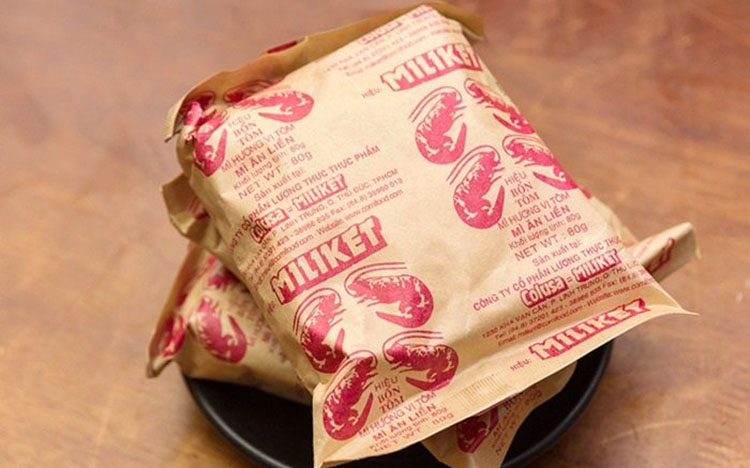
Even a single pack of instant noodles was a precious treat for many children. The joy of savoring a hot bowl of noodles, a welcome change from daily meals, is a shared memory of a challenging childhood for many Vietnamese generations. Back then, Miliket instant noodles were the most coveted dish.
By the 1990s, as the economy improved, Miliket noodles became a staple in every household. They were especially indispensable in the food supplies of generations of students.
The Colusa – Miliket instant noodle brand once dominated the market with its kraft paper packaging and the iconic image of two shrimps. To this day, many Vietnamese consumers still refer to instant noodles as “mì tôm” (shrimp noodles), a testament to the brand’s enduring legacy.
From just a few traditional instant noodle products in its early days, Colusa – Miliket has now diversified into over 60 processed food items.
From Market Leader to Near Oblivion
Miliket was one of the first 13 factories established to develop the light industry in Vietnam.
Miliket is the instant noodle brand of Colusa – Miliket Food Joint Stock Company, headquartered in Thu Duc District, Ho Chi Minh City. The Colusa brand has been produced since before 1975 by Saigon Food Company. After 1975, it was renamed Colusa Food Processing Enterprise.
In 1983, the Southern Food Corporation established the Miliket Food Enterprise. In 2004, Colusa and Miliket merged to form Colusa – Miliket Food Company; in 2006, it was transformed into a joint-stock company by the Ministry of Agriculture and Rural Development.
In the 1980s, Miliket noodles were considered a luxury, priced at around 500 VND. By the 1990s, as the economy improved, Miliket noodles became a household staple, even dominating up to 90% of the instant noodle market in Vietnam at one point.
The “legendary” two-shrimp Miliket noodles have become a cherished memory for many Vietnamese generations in the last two decades of the 20th century. As one of the earliest brands in Vietnam, it nearly monopolized the instant noodle market for decades in the 70s and 80s.
Targeting the affordable, mass-market segment, especially in rural areas, Miliket noodles were once considered a luxury item, available only at state-owned grocery stores.
Miliket’s fame was such that the image of two shrimps on its packaging became an icon, a habit, and even a generic term for all instant noodles produced later.
Since the 2000s, with economic development and integration, Miliket faced fierce competition from brands like Acecook and Masan Consumer, leading to a gradual decline in market share.
Notably, Miliket is one of the few companies still producing bulk noodles, a product largely abandoned by major brands. Thanks to this, the two-shrimp noodles remain strong in a niche market with a dedicated customer base and growing revenue.
While there are no official figures on Miliket’s performance before 2000, its monopoly status and success during that time are undeniable.
Reviving the Two-Shrimp Noodle Brand for the Younger Generation
After a period of “hiding” and strategizing to cope with fierce competition from industry giants, the Colusa – Miliket brand has not only returned to the domestic market race but also expanded globally. It continues to innovate, writing a new chapter in the inspiring story of the “legendary two-shrimp noodles.”
In 2024, Miliket recorded revenue of 760 billion VND and pre-tax profit of 29.2 billion VND, achieving 99% and 108% of its targets, respectively. The company’s total output for 2024 was 17,225 tons, completing 91% of its annual plan.
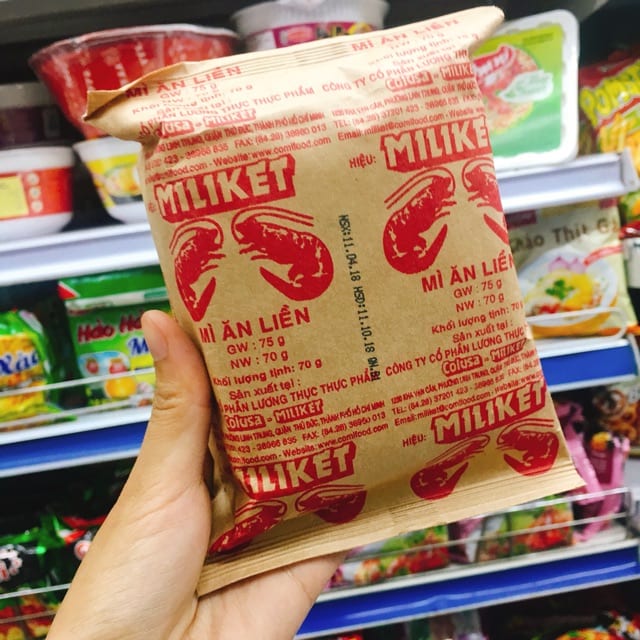
In early July 2025, Colusa – Miliket Food Joint Stock Company (stock code: CMN) announced the minutes of its 2025 Annual General Meeting. For 2025, the company targets revenue of 868.7 billion VND (up 14% from 2024), pre-tax profit of 29 billion VND (down slightly by 0.7%), and output of 19,000 tons (up 10.6%).
Amid global geopolitical instability affecting imports and exports, the company is focusing on improving product quality, perfecting the SAP Business One management software, and implementing a modern sales management system across all distribution channels.
The company is reviewing its domestic business strategy, repositioning the Colusa – Miliket brand, and expanding exports by directly entering international markets.
Internally, the leadership has restructured personnel, invested in additional production equipment in the North, prepared to relocate the Southern factory, and notably discontinued the production of bulk noodles, a traditional but low-efficiency product.
Previously, in late 2022, Colusa – Miliket’s domestic market share was only 2%, with an output of 15,400 tons, yet it was considered a successful year in terms of sales compared to recent years. Despite the decline in market share, the Miliket brand remains deeply embedded in consumers’ minds, a crucial advantage for its development and repositioning.
After Mr. Tran Hoang Ngan was appointed CEO of Colusa – Miliket Food Joint Stock Company, he conducted a comprehensive review and upgrade of all machinery and equipment. The technical team was tasked with researching and applying innovations, including the use of proprietary plasma technology in noodle production, launching new products with updated packaging, and focusing on green production and export expansion.

Entrepreneur Tran Hoang Ngan, CEO of Colusa – Miliket
One breakthrough was the investment of over 250,000 USD in digital transformation, making operations more efficient. “After implementing the software, many predicted it would take two years to succeed, meaning until 2025. However, in less than a year, the company successfully adopted it,” the CEO of Colusa – Miliket proudly shared.
Domestically, Miliket is expanding its customer base through the Horeca channel, targeting the premium segment, while focusing exports on Europe, South Korea, Japan, the US, and Singapore. “Due to limited production capacity, we can only sign contracts with a few partners despite strong demand,” he said, revealing plans to build a new factory to double capacity.
Simultaneously, Colusa – Miliket is repositioning nearly 200 product lines, expanding into pho, porridge, and seasonings, achieving over 10% growth in the domestic market and 67% in exports after just one year of renewal.
In green development, the company sees this as a “passport” for exports, pioneering plasma technology for sterilization, odor reduction, and quality enhancement. Miliket also partners with plasma rice, onion, and vegetable farms in Long An, Kien Giang, and Soc Trang.
According to Mr. Ngan, “investment in green production currently accounts for about 50% of the charter capital,” including boiler improvements, using rice husks instead of coal, plasma investment, and paper packaging.
Beyond conquering foreign markets, efforts to overcome “green barriers” are a key attraction for consumers, who are increasingly concerned about environmentally friendly product standards. Therefore, Colusa – Miliket not only invests in green production but also chooses partners with shared goals and mindset,” the 8X entrepreneur shared.
Upon taking the helm of Colusa – Miliket, Mr. Tran Hoang Ngan expressed his greatest desire to revive this legendary brand among the younger generation.
He noted that while Miliket is deeply rooted in the memories of the 5X – 7X generations, it lacks a special connection with younger consumers. “If we’re content with the present, Miliket will be forgotten in the future,” he candidly admitted. Therefore, he aims to bring the two-shrimp noodle brand back stronger, so the new generation not only hears about it but also experiences and loves its flavors and memories in a modern way.
He also affirmed that Miliket’s products are now of the highest quality, enabling the company to confidently approach new customers and embark on a sustainable development journey for this over-half-century-old brand.
Once the “king” of instant noodles in Vietnam, with its distinctive kraft paper packaging featuring two red shrimps, the company once held 20% of the domestic instant noodle market. Now, with just 2% market share, the owner has embarked on a comprehensive overhaul of the brand.
The Rise and Fall of Vietnamese Brands
In today’s fiercely competitive market, many venerable brands with a heritage spanning over half a century have faced challenges and had to adapt to stay relevant. Amidst economic integration, some have even faced obscurity and a decline in their stature. However, through it all, a number of iconic Vietnamese brands, belonging to a “golden generation”, have bravely embraced change and innovation to not just survive but thrive and rise again.



